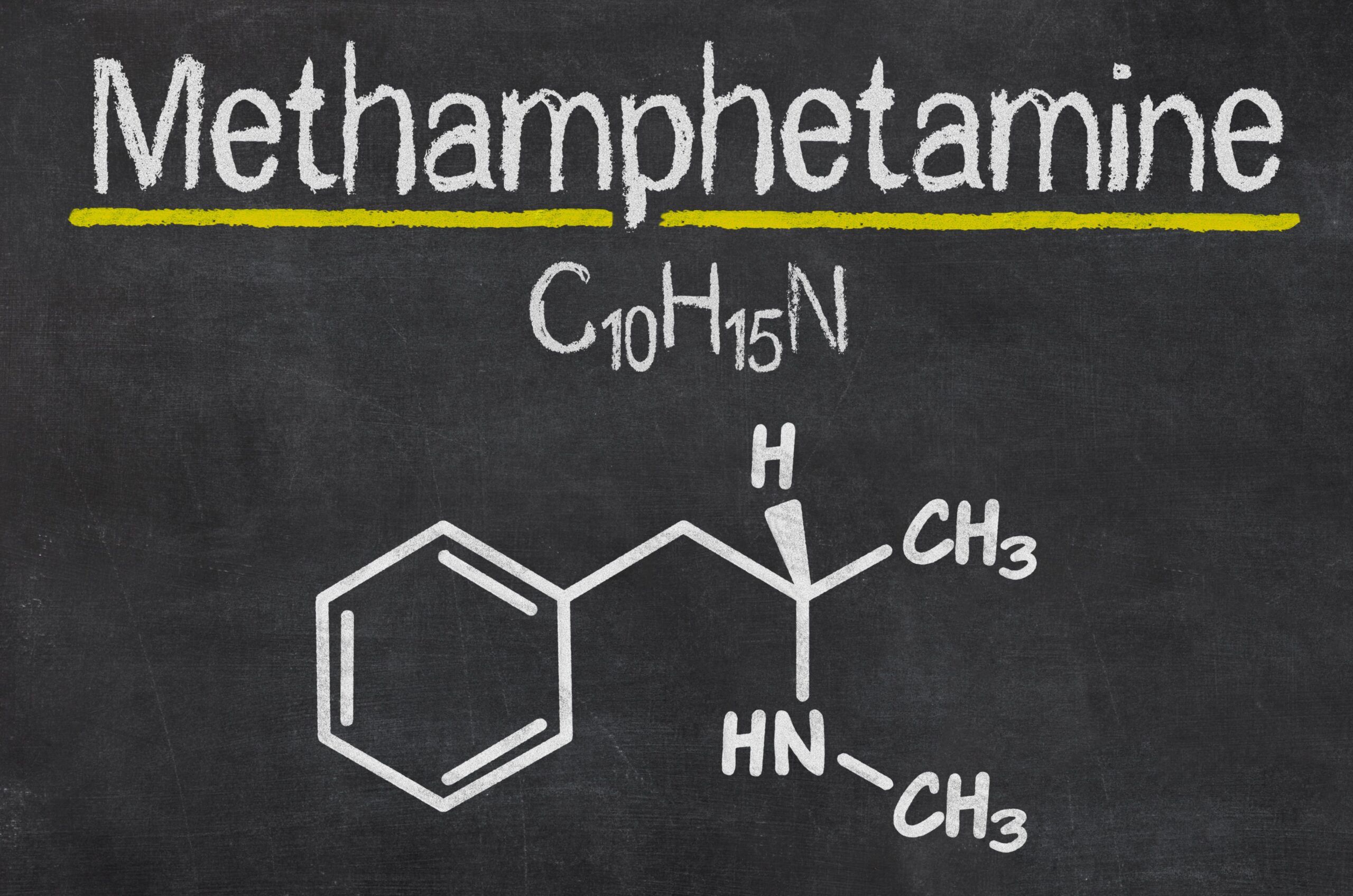The Dangers of Mixing Oxycodone and Alcohol
Most prescription medications come with a warning label stating not to drink alcohol with the medication. This warning applies to mixing oxycodone and alcohol just as with any other medication. Both of these substances affect the way a person thinks and feels, so when the two are combined, those effects are exacerbated because the other substance is present. The way the body reacts to the effects can be unpredictable. This is why the warning exists.
What is Oxycodone?
Oxycodone is a prescription pain reliever used to treat people with moderate to severe pain. It comes in tablet and liquid form to be administered through IV in hospital settings. It is habit forming and can lead to addiction to it in those who take Oxycodone long term. Because of the habit-forming properties, as well as the effects of the drug, it is a controlled substance only legally attainable through a prescription from a licensed medical doctor.
Effects of Oxycodone
When taken as prescribed, Oxycodone is effective in the treatment of pain. Oxycodone can cause a euphoric feeling in those who take it, and this leads to people abusing the drug. Some of the effects of this drug include drowsiness, lightheadedness, nausea, and constipation. Other side effects of this medication can include:
- Decreased sex drive
- Chest pain
- Hives
- Loss of appetite
- Agitation and mood changes
- Itching
- Rash
Some of the effects can be heightened when Oxycodone and alcohol are mixed, leading to unpredictable effects and reactions.
Is it Addictive?
Oxycodone is a habit-forming medication that can lead to addiction in those who take it long-term. When used to treat chronic conditions, the body can become dependent upon this drug in order to feel any relief from pain, and it can also affect the pleasure senses. When the body becomes accustomed to certain levels of Oxycodone being taken, it can cause tolerance. This leads to needing more and more of it in order to feel relief, later resulting in an addiction to the drug.
Dangers of Mixing Oxycodone and Alcohol
A physician should never prescribe Oxycodone to someone they know abuses alcohol. This is because the warning label clearly states to not mix Oxycodone and alcohol. The dangers associated with mixing Oxycodone and alcohol include damage to the brain. Both of these substances have profound effects on the brain and its structure. Anyone who has drunk alcohol knows that it affects reaction times, mental clarity, and the ability to form memories. When Oxycodone and alcohol are used together, these effects can be heightened.
Both Oxycodone and alcohol affect the way a person feels things. If someone is going through a bout of depression or suffers from it long term, these two substances can make those feelings of worthlessness, uneasiness, and depression so much more extreme. Being that they both affect the central nervous system (CNS), vital processes such as breathing can be affected by these two substances. Using them in conjunction with one another can make those effects more profound.
Other dangers of mixing Oxycodone and alcohol can include high or low blood pressure, nausea, vomiting, lowered heart rate, seizures, as well as liver and other organ damage.
Signs of Addiction
When it comes to addiction, there are many signs to look out for in a friend or family member. This can include things like secrecy, lying, manipulating, or participating in risky behaviors like drinking and driving or theft. Other things that could be indicative of addiction to Oxycodone and alcohol can be:
- Withdrawal from enjoyable activities
- Isolation
- Lying about usage
- Drinking in secret
- Hiding the use of the medication
- Physical symptoms when the substances aren’t used
- Blacking out
When someone becomes addicted to a substance and then stops using it, it can lead to some severe withdrawal symptoms. It is highly suggested to be monitored by medical professionals when this happens to prevent complications.
Alcohol and Oxycodone Withdrawal Symptoms
Both Oxycodone and alcohol dependence comes with the risk of physical withdrawal symptoms if the substances are abruptly stopped. The body has become accustomed to their effects and when it is no longer receiving them, it physically has to remove the substances resulting in these symptoms. Everyone experiences different symptoms and intensities. Generally, the symptoms experienced can include nausea, vomiting, diarrhea, loss of appetite, seizures, low blood pressure, dehydration, insomnia, restlessness, anxiety, depression, suicidal thoughts or behaviors, and muscle pains or cramping. Some of these symptoms can lead to severe consequences if not addressed, this is why it is suggested to be professionally monitored while going through them.
Recovery in Kentucky
Struggling with an addiction to prescription painkillers like Oxycodone mixed with an alcohol addiction can be extremely detrimental. There are many complications that can occur as a result of this combination. Recovery is possible. Lexington Addiction Center offers a safe place to heal and begin the next chapter of life. If you or a loved one are struggling, contact us today and begin the next phase of life free of the chains of addictive substances.









